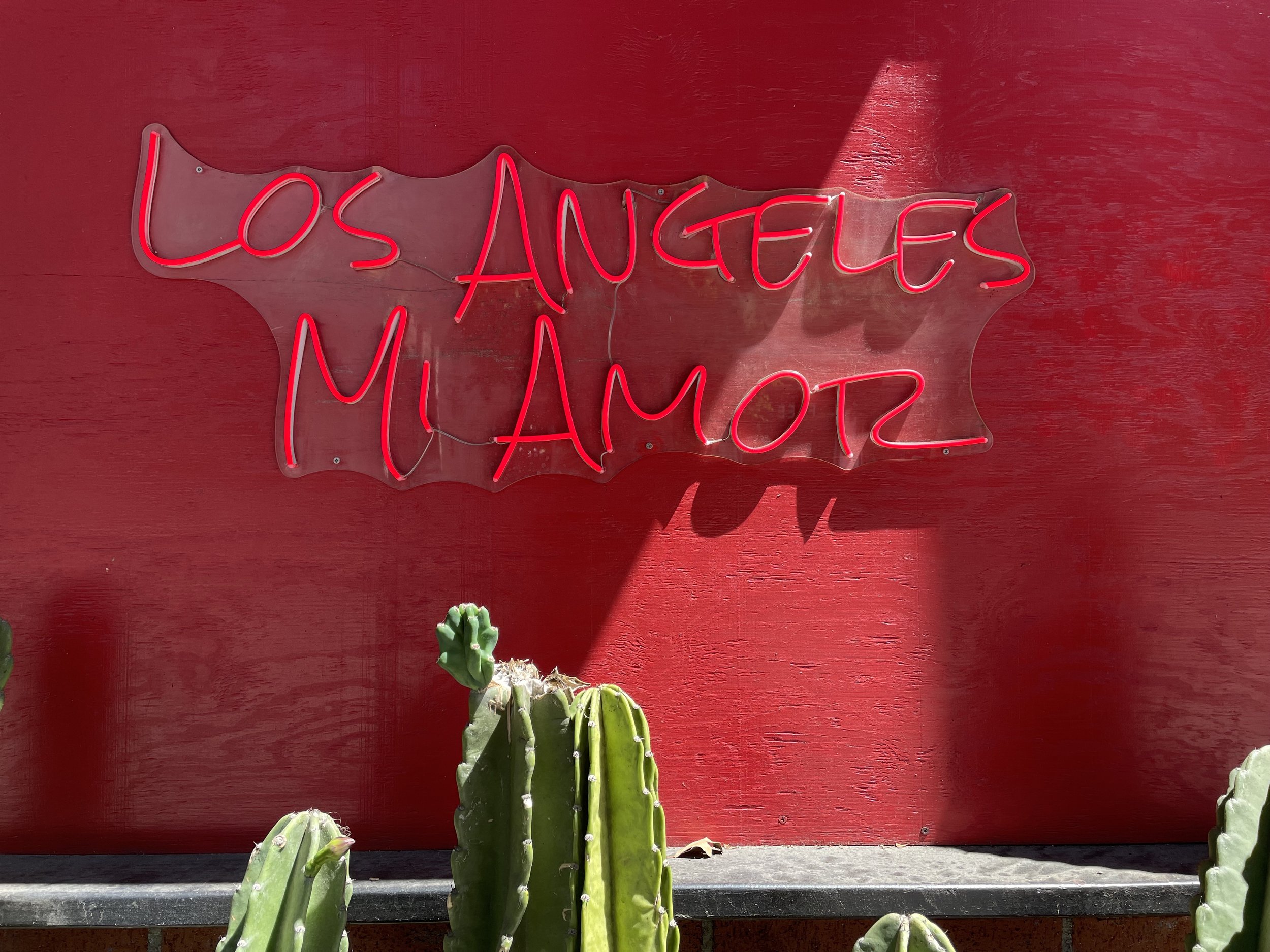
Believing In South Central: Everyday Islam In The City of Angels
The area of Los Angeles known as South Central is often overshadowed by dismal stereotypes, problematic racial stigmas, and its status as the home to some of the city’s poorest and most violent neighborhoods. Amid South Central’s shifting demographics and its struggles with poverty, sociologist Pamela J. Prickett takes a closer look, focusing on the members of an African American Muslim community and exploring how they help each other combat poverty, job scarcity, violence, and racial injustice. Prickett’s engaging ethnography relates how believers in this longstanding religious community see Islam as a way of life, a comprehensive blueprint for individual and collective action, guiding how to interact with others, conduct business, strive for progress, and cultivate faith.
Read an excerpt here, and listen to an interview with the Pamela at New Books Network.
Praise for Believing In South Central
"Smart and highly original, Believing in South Central details how a small Muslim community in South Central, Los Angeles, makes meaning of their faith in the midst of a changing racial landscape and a declining community of believers. Prickett brings nuanced analysis, beautiful prose, and seamless narration together in this ethnography that will expand scholars’ understanding of how African Americans practice their Islamic faith outside Arab and South Asian Muslim communities." - Ula Y. Taylor, author The Promise of Patriarchy: Women and the Nation of Islam
“Believing in South Central is an amazing book. What Prickett has achieved with her writing style is extraordinary. I found myself getting to know the characters, engrossed in each of the rich ethnographic stories that tell us so much about how religion is deeply intertwined with race, class, and gender.” - Melissa Wilde, author Birth Control Battles: How Race and Class Divided American Religion
When even the methodological appendix brings you to tears, you know you have found a gem of a book… It is the kind of book that sticks with you long after you have finished it. Its themes and its wonderfully detailed methodological appendix make it an outstanding choice for undergraduate and graduate courses in religion, urban studies, and ethnography” - Grace Yukich, author Religion is Raced: Understanding American Religion in the Twenty- first Century
“… a stunning ethnography. It is attentive to many methodological concerns of positionality, access, and immersive fieldwork, but it is also a story of friendship, love, and loss.” - Shobhana Xavier, host New Books in Islamic Studies and author of Sacred Spaces and Transnational Networks in American Sufism
